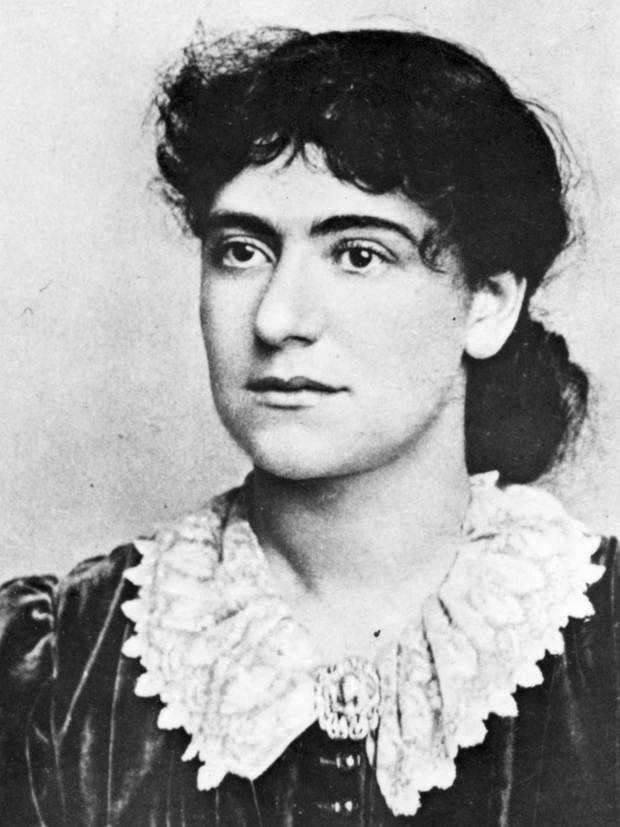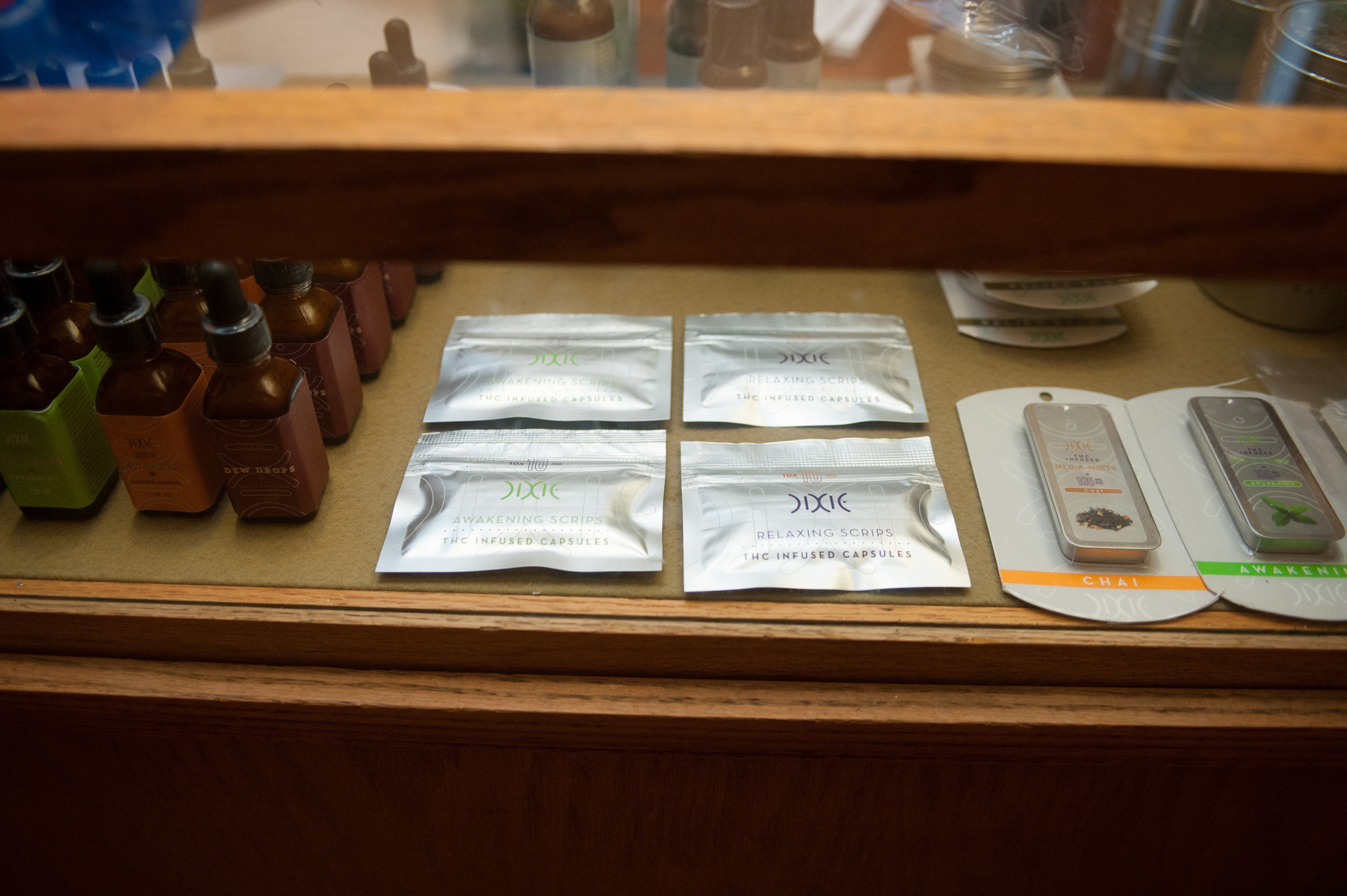
The making of a Marx: The life of Eleanor Marx, the mother of socialist feminism
When I set out to write the life of Eleanor Marx in 2006 some friends worried that yet again I’d been seduced by an unfashionable and overly abstruse biographical subject. Either that, or they just said: “Who?” A Marx? The mother of socialist feminism? It didn’t sound catchy in our new century.
Yet Eleanor Marx is one of British history’s great heroes. Born in 1855 in a Soho garret to hard up German immigrant exiles, her arrival was initially a disappointment to her father. He wanted a boy. By her first birthday Eleanor had become his favourite. She was nicknamed Tussy, to rhyme, her parents said, with “pussy” not “fussy”. Cats she adored; fussy she wasn’t. She loved Shakespeare, Ibsen, both the Shelleys, good poetry, bad puns and champagne. She would be delighted to know that we can claim her as the first self-avowed champagne socialist.
Yet during the journey of writing the life of Eleanor Marx I discovered that I was writing about an increasingly topical subject. Friends sent me articles about the resurgence in the reading of the primary work of Marx and Engels amongst the under-50s, particularly in countries where there are currently new movements for social democracy.
Then, Harvard University Press published the French economist Thomas Piketty’s Capital in the Twenty-First Century on the subject of economic inequality. Since its release last month, Piketty’s Capital has sold nearly 80,000 copies. This would much amuse Eleanor Marx, who knew how disappointed her father was when the first volume of his Capital was published in 1867 to resounding silence and negligible sales. She spent a large part of her life editing and translating this and subsequent volumes of the work whose distribution outran that of the Bible and Shakespeare in the 20th century.
What started for Karl Marx as a 30- to 50-page essay, developed into a life’s work that his youngest daughter inherited. She sat on her father’s knee, played around him and learned to write and draw by his side at the kitchen table, where he worked in the early years of the project. Tussy and Capital grew up together. Marx said: “Tussy is me.” Her life and character form an epic story of adventure, morality, dilemma, contradiction and tragedy. Her thoughts and actions embody Britain’s history of struggle to achieve social democracy and equality.
Eleanor went out into the world to put into practice and to test what she’d learned from Marx and Engels. Her quest to go ahead; to live it, soon took her into new worlds: the cultural realms of radical modern theatre, the contemporary novel and the artistic circles of early bohemian Bloomsbury. She was a pioneer of Ibsenism in Britain. She translated Flaubert’s Madame Bovary into English for the first time. She took to the stage herself – with sometimes hilariously misdirected results. She was also her father’s first biographer.
Eleanor was born into a Britain that was not yet an electoral democracy. Working-class men, all women and the poor were prohibited from voting. But Eleanor’s life is one of the most significant and interesting events in the story of British socialism. Not since Mary Wollstonecraft had any individual made such a profound, revolutionary contribution to political thought – and action.
As the late, great Eric Hobsbawm observed, in the 1860s and 1870s native socialists in Britain might have comfortably fit into one smallish hall. She took this small movement from its visionary stage on to the streets and the political stage. She lived it and she tested it. She was one of the first and most prominent leaders of the new trade unionism, bringing feminism into the heart of the movement. She had an extraordinary gift for friendship. Unconventional, she nevertheless attracted others easily. People felt good around her. Her lifelong, loving relationship with Friedrich Engels and long-term companionships with George Bernard Shaw and Henry Havelock Ellis figure as just an exemplary few of her abundant friendships with men. The close and loving relationship between Eleanor and Olive Schreiner is one of the great female friendships of literary and political history. Eleanor often said: “I inherited my father’s nose … and not his genius.” Her friends corrected the error of this self-assessment. Eleanor did inherit her father’s genius. The loss entailed on her was not her nose, but her sex.
She was born into a Victorian Britain where she had no right to an education, was barred from voting or standing for parliament, excluded from most of the professions and from control of her reproductive and psychological rights. She understood what it meant to be a member of an oppressed class and spent her life fighting for equality. To the people around the world discovering themselves in the new social revolutions, her fight may seem familiar.
Crucially, Eleanor Marx was the mother of socialist feminism. She re-christened the so-called “woman question”, “the workingwoman debate”. She supported and admired the call for women’s suffrage. But suffrage reform for middle-class women within existing capitalist society failed to address “the debate on the attitude of social democracy towards working women”. Eleanor summarised her position lucidly in an open letter to the English socialist leader Ernest Belfort Bax in November 1895: “I am, of course, as a Socialist, not a representative of ‘Woman’s Rights’… The so-called ‘Woman’s Rights’ question (which appears to be the only one you understand) is a bourgeois idea. I proposed to deal with the Sex Question from the point of view of the working class and the class struggle.” Women’s suffrage lacked a sufficient understanding of the economic base of the division of labour, production and reproduction. Understanding the role of economics in human society was essential to happiness. What, she wondered, constituted happiness? She found the most important element was work.
Her philosophy of socialist-feminism was summarised in her treatise The Woman Question: From a Socialist Point of View, co-written with Edward Aveling, her partner. It stands alongside Wollstonecraft’s Vindication of the Rights of Women, Engels’ Origin of Private Property, Family and the State and Virginia Woolf’s A Room of One’s Own in its significance as a revolutionary text. Eleanor Marx changed the world, in the process revolutionising herself.
One of my most cherished lines about Tussy was written by her housekeeper – yes, housekeeper – Gertrude Gentry, who became her friend and confidante. After Eleanor’s tragic death in March 1898, grief-stricken Gerty had to tidy and close up Eleanor’s house. She wrote to the great Edith Lanchester – Tussy’s friend and sometime secretary – about how she dreaded leaving the house forever: “For while we are here we feel she might be coming back.”
Over a century later, that line expresses precisely my feelings for Tussy from the first moment I started writing her life.
“Now 37, Marx is conflicted over the bearing of girls. It’s a truism of the age that daughters are all round more economic, social and sexual trouble than sons … [He] still hopes that education and equal treatment might strengthen women’s place and possibilities in the world. But like every Victorian patriarch, he wants a son, and this is not one.”
Eleanor Marx: A Life by Rachel Holmes (Bloomsbury, £25)












